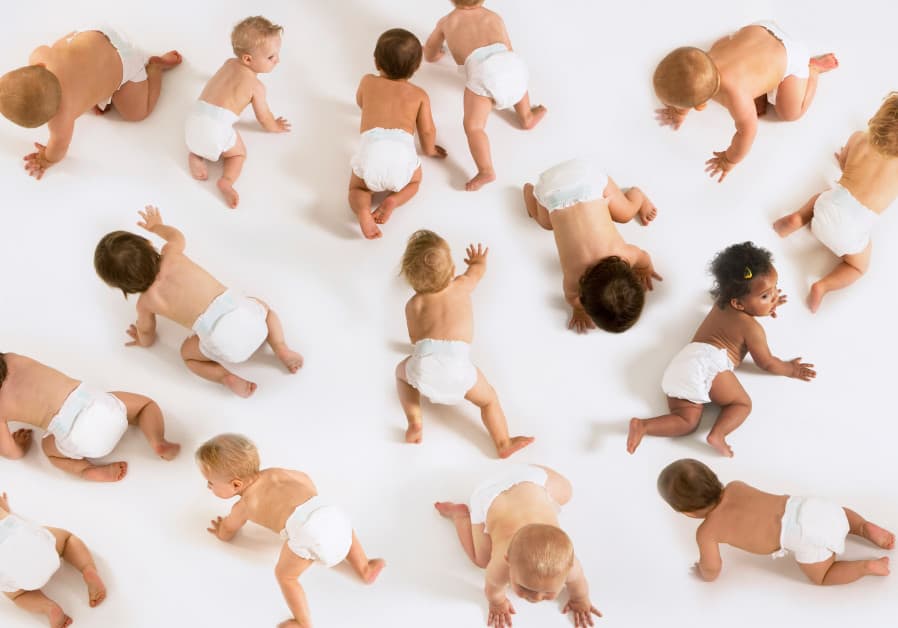
Greece has experienced a significant population drop of more than 300,000 between the period 2008 and 2017 said epidemiology professor of the University of Thessaly Giorgos Rachiotis said on Monday.
Rachiotis, who made the announcement during an event titled Aspects of the Demographic Problem in Greece," attributed the change to declining rate of births following the economic crisis and noted that the immediate solution would be for young, highly specialised scientists to return to Greece, and the state to introduce initiatives supporting motherhood and births regardless of number of children.
Particularly urgent, he said, was to reintroduce demographic balance in sensitive areas of the country, such as East Macedonia, Thrace and the North Aegean islands, where the birth/death ratio was turning into an issue of national security.
Although the dropping birth rate a Europe-wide phenomenon and in Greece the trend began as early as the 70s and 80s, the population kept rising due to the inflow of migrants and to birth rates that outpaced death rates.
"The economic crisis, however, and Greece's ensuing inclusion in the loan memoranda mechanism upset the balance," professor Rachiotis said, and "Greece experienced a colossal economic and social catastrophe, unprecedented for post-World War II years. Precarious demographic balances were disrupted, and birth rates dropped precipitously."
In addition, he said, "for the 2015-2017 period, deaths exceeded births by 91,2017, while in 2017 births dropped under 90,000 on an annual basis.” At the same time, he said, the migration balance changed when hundreds of thousands of Greeks of productive age and high-level education left the country.
Greece needs to do more to help families, he said, including reintroduce reduced taxes for families with several children and provide pensions to mothers with a lot of children.

